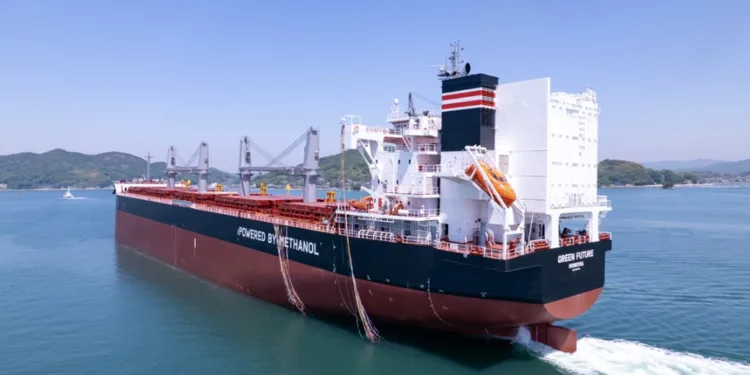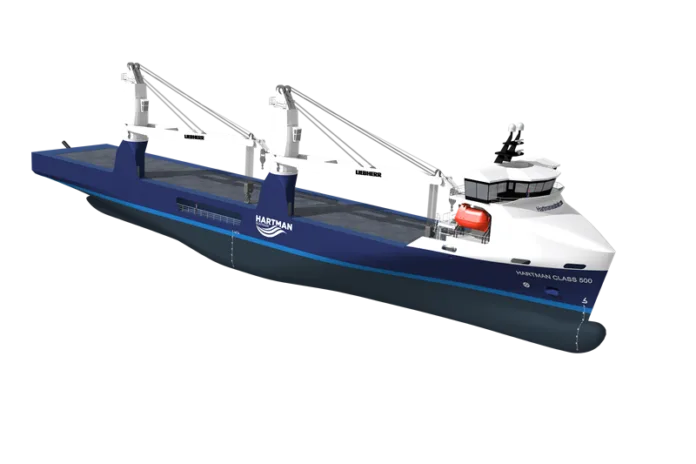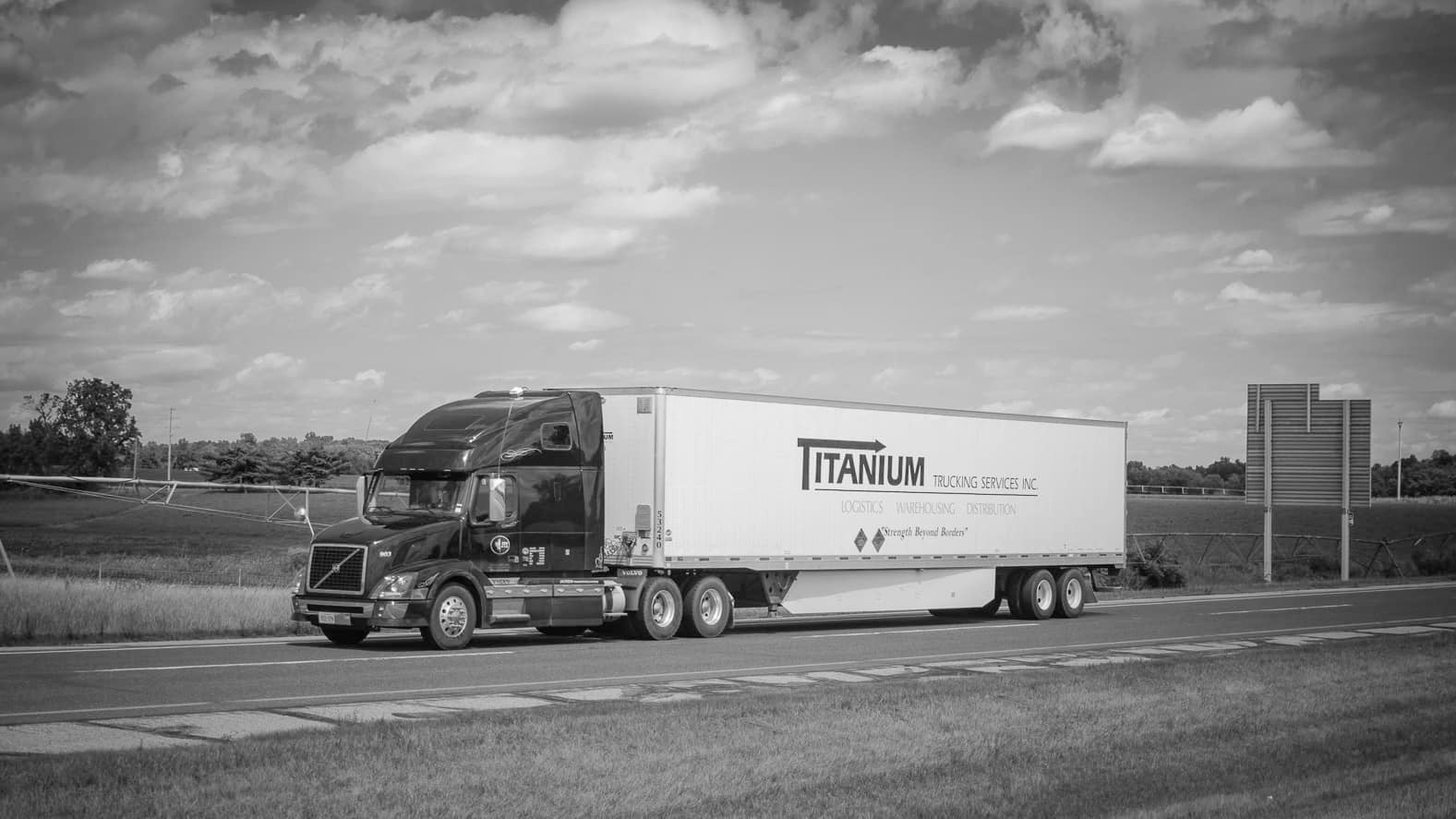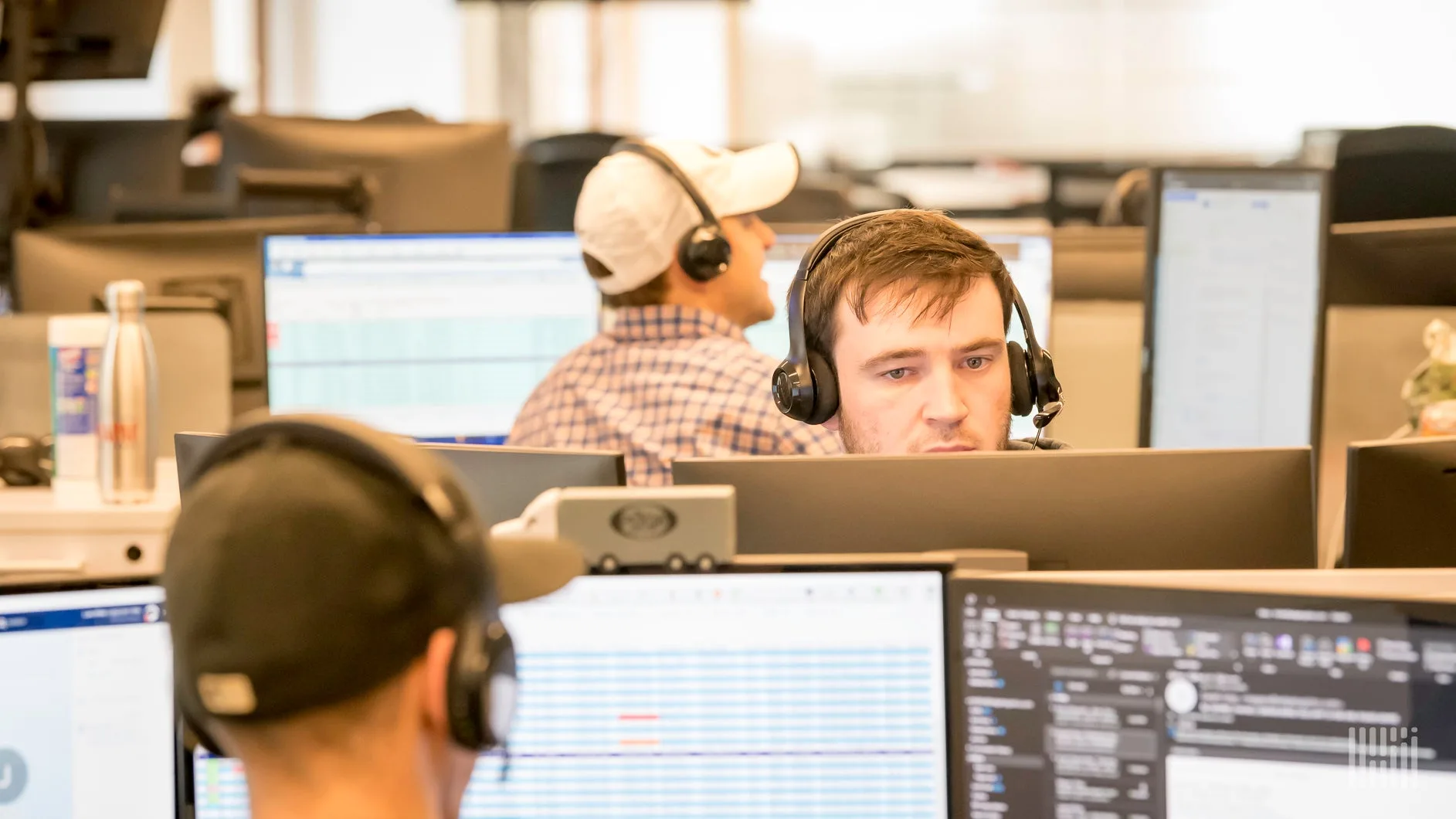The Maritime Just Transition Task Force (MJTTF) has released industry-first training frameworks designed to facilitate the development of training programmes for seafarers for working on ships powered by ammonia, methanol and hydrogen.
The MJTTF was formed at COP26 four years ago by the International Chamber of Shipping (ICS), the International Transport Workers’ Federation (ITF), the United Nations Global Compact, the International Labour Organization (ILO), and the International Maritime Organization (IMO).
The new training frameworks address the needs of seafarers in entry-level or operational roles and senior officers. They are accompanied by comprehensive instructor handbooks.
The MJTTF will also release guidelines for general familiarisation programmes, aimed at seafarers and key shore-based personnel, who are not specifically covered by the International Convention on Standards of Training, Certification and Watchkeeping for Seafarers, 1978 (1978 STCW Convention).
The publicly available MJTTF training frameworks will help regulators and maritime administrations set the criteria for the development of training programmes and the establishment of certification schemes and competency validation mechanisms for seafarers, including classroom education, simulation-based performance assessments and sea-time training.
Maritime education and training institutions will be able to adapt curricula and upgrade delivery models. Shipping companies will also receive support in personnel onboarding and safety management system updates to address the unique risks associated with the new molecules.
The project has worked in parallel with IMO’s ongoing comprehensive review of the 1978 STCW Convention and Code. Its outcomes, in particular in defining the knowledge, understanding and proficiency required for seafarers in decarbonisation, serve as input to the review process, including through submissions to the IMO’s Sub-Committee on Human Element, Training and Watchkeeping.
A recent survey carried by Splash and Inmarsat, published in Ship Concept 2035, suggests a substantial portion of the global fleet is still expected to rely on traditional bunker fuel by 2035, with 50% of respondents projecting that 50% or more of the fleet will still consume traditional bunker fuel. Details of the alternative-fuelled orderbook are carried below.
The training materials are publicly available here.















